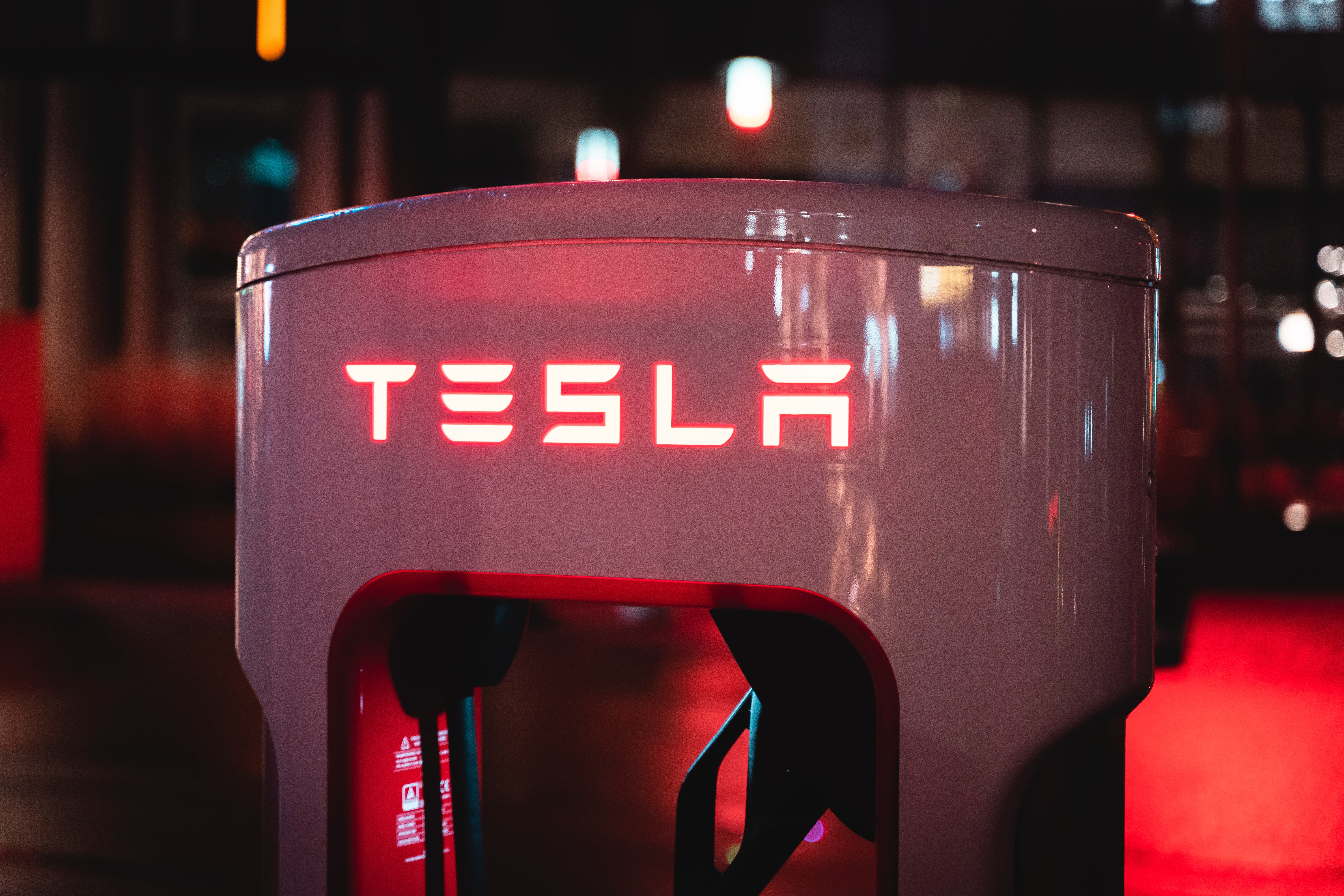
Tesla shares came under pressure last week during the first trading session of 2023 due to weaker-than-expected Q4 2022 delivery data. Market expectations were inflated by statements from Elon Musk, who repeatedly announced that Q4 would be "epic." In reality, however, Tesla delivered a record 405,000 cars in Q4, which is still below market expectations.
Even though 40% growth in vehicle deliveries in 2022 can be considered relatively solid in the current macroeconomic environment, that number fell far short of management's expectations, which had predicted nearly 50% growth. Investors are concerned that Elon Musk's acquisition of Twitter will divert his attention away from Tesla, which could put further selling pressure on the stock.
However, Tesla is still on track to launch its two major new products, namely the Tesla Semi truck and the Cybertruck. It is the Cybertruck that is currently being developed in Texas, where a beta version is underway, and production is expected to begin in the middle of this year. In addition, the first deliveries of the Semi truck began in December, with the first few trucks handed over to Pepsi. While there is some risk that Tesla may not be able to fulfil its orders on time in the future, which may result in customer dissatisfaction, which may result in a demand drain, and this will cause the stock to sell off, it is important to keep in mind that Tesla has historically proven itself to be a highly competent and innovation-driven company, and when it comes to the Tesla Semi, there is a strong presumption that something like this will be warmly received by the market. [1]
However, with forecasts claiming a doubling in the value of the EV market over the next five years, logically driven not only by European pressures for carbon-free transport, the company's trajectory seems promising with regard to the future.
[1] Forward-looking statements are based on assumptions and current expectations, which may be inaccurate, or on the current economic environment, which may change. Such statements are not guarantees of future performance. They involve risks and other uncertainties that are difficult to predict. Results may differ materially from those expressed or implied by any forward-looking statements.

